To provide the best experiences, we use technologies like cookies to store and/or access device information. Consenting to these technologies will allow us to process data such as browsing behaviour or unique IDs on this site. Not consenting or withdrawing consent, may adversely affect certain features and functions.
The technical storage or access is strictly necessary for the legitimate purpose of enabling the use of a specific service explicitly requested by the subscriber or user, or for the sole purpose of carrying out the transmission of a communication over an electronic communications network.
The technical storage or access is necessary for the legitimate purpose of storing preferences that are not requested by the subscriber or user.
The technical storage or access that is used exclusively for statistical purposes.
The technical storage or access that is used exclusively for anonymous statistical purposes. Without a subpoena, voluntary compliance on the part of your Internet Service Provider, or additional records from a third party, information stored or retrieved for this purpose alone cannot usually be used to identify you.
The technical storage or access is required to create user profiles to send advertising, or to track the user on a website or across several websites for similar marketing purposes.
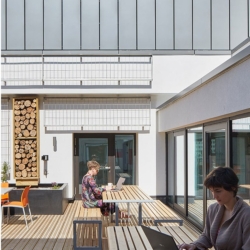 The impact of the Covid-19 lockdown on commercial buildings was immediate – offices emptied overnight as people made the sudden shift to home working. Several months later, and although restrictions are being lifted, an unease about the possibility of localised lockdowns and an uncertainty about the potential health implications of being indoors with larger groups, means fewer people than expected are choosing to go back to office-based working. Something that might help reassure them that the office is a safe place is knowing that the air they’ll be breathing is clean. More →
The impact of the Covid-19 lockdown on commercial buildings was immediate – offices emptied overnight as people made the sudden shift to home working. Several months later, and although restrictions are being lifted, an unease about the possibility of localised lockdowns and an uncertainty about the potential health implications of being indoors with larger groups, means fewer people than expected are choosing to go back to office-based working. Something that might help reassure them that the office is a safe place is knowing that the air they’ll be breathing is clean. More →




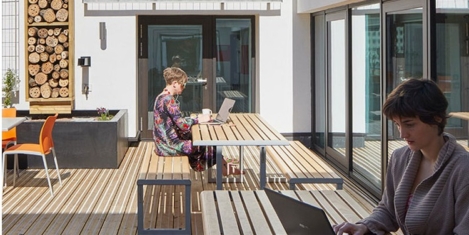

 The UK Green Building Council (
The UK Green Building Council (
 A new report from
A new report from 
 Seniority in the workplace could be directly correlated to how often you listen to music whilst you work, claims a poll of 1,000 UK office workers. The research, which was carried out by London office developer
Seniority in the workplace could be directly correlated to how often you listen to music whilst you work, claims a poll of 1,000 UK office workers. The research, which was carried out by London office developer 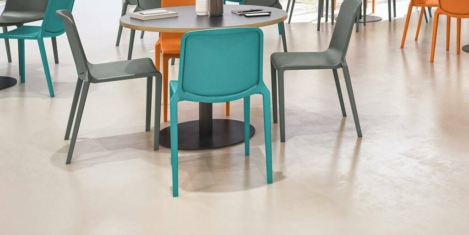


 While city centres are taking time to recover, there’s better news elsewhere, suggests
While city centres are taking time to recover, there’s better news elsewhere, suggests 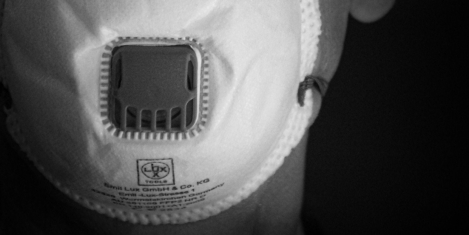
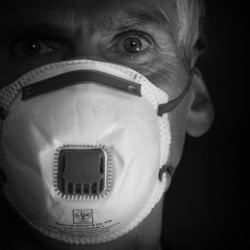 Insurance provider
Insurance provider 
 What impact is COVID-19 having on business confidence? And what recovery strategies are companies prioritising in response to the pandemic? Recruitment company
What impact is COVID-19 having on business confidence? And what recovery strategies are companies prioritising in response to the pandemic? Recruitment company 
 A new study by
A new study by 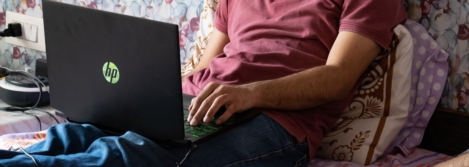
 With many companies announcing that they will not force employees back to the office until next year, 34 percent of UK workers have admitted to feeling more productive since working from home. That’s according to new ‘Work Different’ research from
With many companies announcing that they will not force employees back to the office until next year, 34 percent of UK workers have admitted to feeling more productive since working from home. That’s according to new ‘Work Different’ research from 











September 16, 2020
Get used to the idea of work as an experience rather than a place
by Tim Oldman • Comment, Flexible working, Property, Workplace design